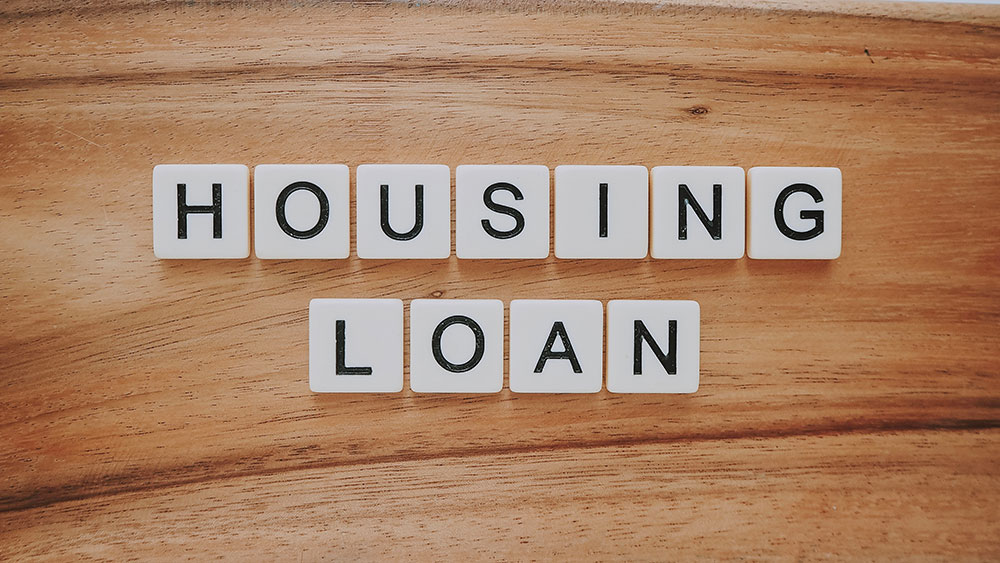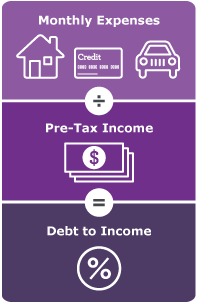Since monetary guideline and institutional reforms make a return of subprime and nontraditional loaning in the current market less most likely, the ability of the prime traditional market to serve homebuyers identifying as racial and ethnic minorities is most likely to be an important issue for policymakers.

What is it? A fee the Federal Real estate Administration collects from debtors that can be paid in cash at the closing table or rolled into the loan. What's changed? The FHA raised the premium previously this year from 1. 75 percent of the loan's value to 2. 25 percent. Why? The cash will replenish the funds FHA uses to compensate lending institutions for default-related losses. If you roll the premium into the funding, you will also pay interest on it during the life of the loan. What is it? Re-financing a home mortgage for a higher amount than is owed on the loan and taking the distinction in cash in effect, pulling equity out of the house. Previously, they were enabled to take up to 95 percent of value. Why? Customers can tap as much as 85 percent of the home's present worth. Previously, they were permitted to use up to 95 percent of value.
How does this affect me? Cash-out offers have actually become tougher to discover. Even with traditional loans, numerous lenders offer this type of financing just to people with first-class credit and significant equity - what banks give mortgages without tax returns. What's my timeshare expert altered? On Feb. 1, the FHA suspended a policy for one year that prohibited FHA borrowers from purchasing a house if the seller had actually owned it for less than 90 days - which mortgages have the hifhest right to payment'.

Why? The objective is to encourage investors to buy poorly maintained foreclosures, repair them up and offer them to FHA buyers as quickly as they hit the market. How does this impact me? This opens up a broader variety of residential or commercial properties to FHA borrowers. But examinations should be done to figure out whether the home is in working order. If the cost of the house is 20 percent higher than what the financier paid, a second appraisal is required to identify whether the increase is warranted. The procedure required the condominium's management to fill out a survey dealing with the agency's must-meet conditions. What's changed? The company eliminated area approval previously this year. Now, any condominium purchaser with an FHA loan should adhere to an FHA-approved structure. A lending institution, developer/builder, homeowners association or management business can send a plan to the FHA seeking approval. Some elements of that effort have actually been momentarily loosened up through Dec. 31 to try to support the condominium market. Why? Apartments are widely thought about the market's shakiest section since they are popular with speculators and financially susceptible entry-level purchasers. A great deal of foreclosure-related losses have actually come from condominiums, which is why industry policies have actually forced lenders to look more carefully at the makeup of whole complexes before extending loans. At least 50 percent of the systems in a job need to be.
owner-occupied or offered to owners who plan how do timeshares work to occupy the units. When it comes to brand-new construction, 30 percent of the systems should be pre-sold before an FHA loan can be funded there. What is it? Contributions that sellers start to help defray a buyer's expenses. What's changing? The FHA proposes slashing allowable seller concessions in half, capping them at 3 percent of the home rate rather of the existing 6 percent. Why? FHA analyses show a strong connection in between high seller concessions and high default rates, perhaps since the concessions can result in inflated house prices. What does this mean to me? This buyer's perk will soon end up being less generous - find out how many mortgages are on a property. The proposition does not prohibit concessions above 3 percent. But concessions exceeding 3 percent would result in a dollar-for-dollar decrease in the home's list prices and decrease the quantity of the allowed loan. What is it? Three-digit numbers that help lending institutions figure out how likely a person is to pay back a loan in a timely manner. The higher the number, the better the score. What's changing? This year, the FHA plans to enforce a minimum credit report requirement: 500 (who took over abn amro mortgages). Customers with credit history below 580 would have to make a deposit of a minimum of 10 percent instead of the usual 3.
5 percent minimum. Why? Low-scoring customers default at a higher rate than more creditworthy ones. What does this mean to me? Lenders are currently enforcing tougher credit history requirements on FHA debtors than the firm is proposing, which might describe why only 1 percent of debtors with FHA-insured single-family mortgage have ratings listed below 580. What is it? Lenders should document information about the property( such as its worth )and the customer (such as income, debt, credit report )to assess whether the person is likely to pay back the loan. What's changing? High-risk borrowers whose loans were flagged by the automated system might quickly go through a more extensive manual review by the lending institution's underwriting staff. Why? The agency is attempting to reduce its exposure to run the risk of by Find more info limiting the discretion loan providers have in approving loans. What does it suggest to me? Debtors whose loans are manually underwritten would be required to have money reserves equivalent to a minimum of one month-to-month home loan payment. For example, their general debt would not be enabled to go beyond 43 percent of their income. What is it? A new program that allows customers present on their home loan payments to refinance into an FHA loan if they are undersea, implying they owe more on their home loan than their house deserves. The FHA would allow refinancing of the first home mortgage just. If there is a 2nd home loan, the 2 loans combined can not surpass the present value of the home by more than 15 percent once the first loan is re-financed. Why? Many individuals are vulnerable to foreclosure because their house worths have actually plummeted, making them not able to re-finance or offer.
their properties if they lose their tasks or deal with a monetary obstacle. What does it indicate to me? Refinancing in this manner will probably harm your credit, and qualifying won't be easy. The lending institution or investor who owns your current home mortgage should willingly decrease the quantity owed on that loan by at least 10 percent. Likewise, you normally must have about 31 percent or more of your pretax earnings available for the new month-to-month payment for all mortgages on the residential or commercial property.